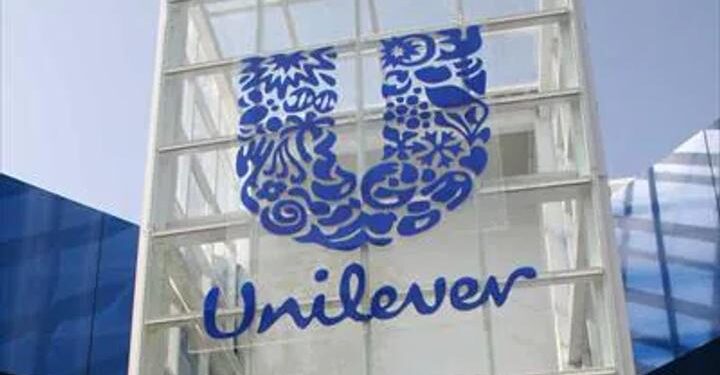By Ebi Kesiena
Unilever, one of the world’s foremost consumer goods companies, is withdrawing from Zimbabwe after 80 years of operation, marking a significant shift in the country’s business landscape.
In 2018, Unilever demonstrated its commitment to Zimbabwe by launching a new Royco plant, with Bruno Witvoet, Unilever’s Africa Vice President, expressing strong confidence in the nation’s future.
At the time, he stated, “We have been in Zimbabwe for the last 75 years and believe in the country’s future. Our confidence is very high.” However, the company has now decided to alter its course in response to mounting challenges in Zimbabwe’s volatile economic climate.
The company’s new strategy involves transitioning to a business model that will no longer rely on direct operations within Zimbabwe.
Instead, Unilever will depend on local distributors to maintain its presence in the market.
According to an internal memo, Unilever plans to “serve Zimbabwean consumers through a network of Zimbabwean distribution firms rather than through Unilever-owned operations by the end of the year.”
The company believes this move will be more efficient, foster business growth, create employment in sales, logistics, and merchandising, and continue to provide Zimbabwean consumers with popular Unilever brands.
This strategic shift will lead to the closure of Unilever Zimbabwe’s operations, ending the company’s decades-long direct involvement in the country’s economy.
Despite the withdrawal, Unilever assures that its products will remain available during the transition. The company also plans to reassess its long-term strategy for Zimbabwe to align with the country’s goals of empowering local businesses and contributing to economic development.
Unilever’s exit has been anticipated for some time, as the company has gradually reduced local production since the early 2000s.
Currently, the distribution of Unilever products in Zimbabwe is managed by Distributed Group Africa (DGA), a subsidiary of Axia Corporation. DGA also handles distribution for other major brands, including Colgate Palmolive, Nestlé, Johnson & Johnson, and Tiger Brands.
The challenges facing formal retailers in Zimbabwe, worsened by government policies and weak consumer spending, have increased the pressure on companies like Unilever.
Unilever’s departure from Zimbabwe is part of a broader trend among multinational companies scaling back their operations in Africa.

































